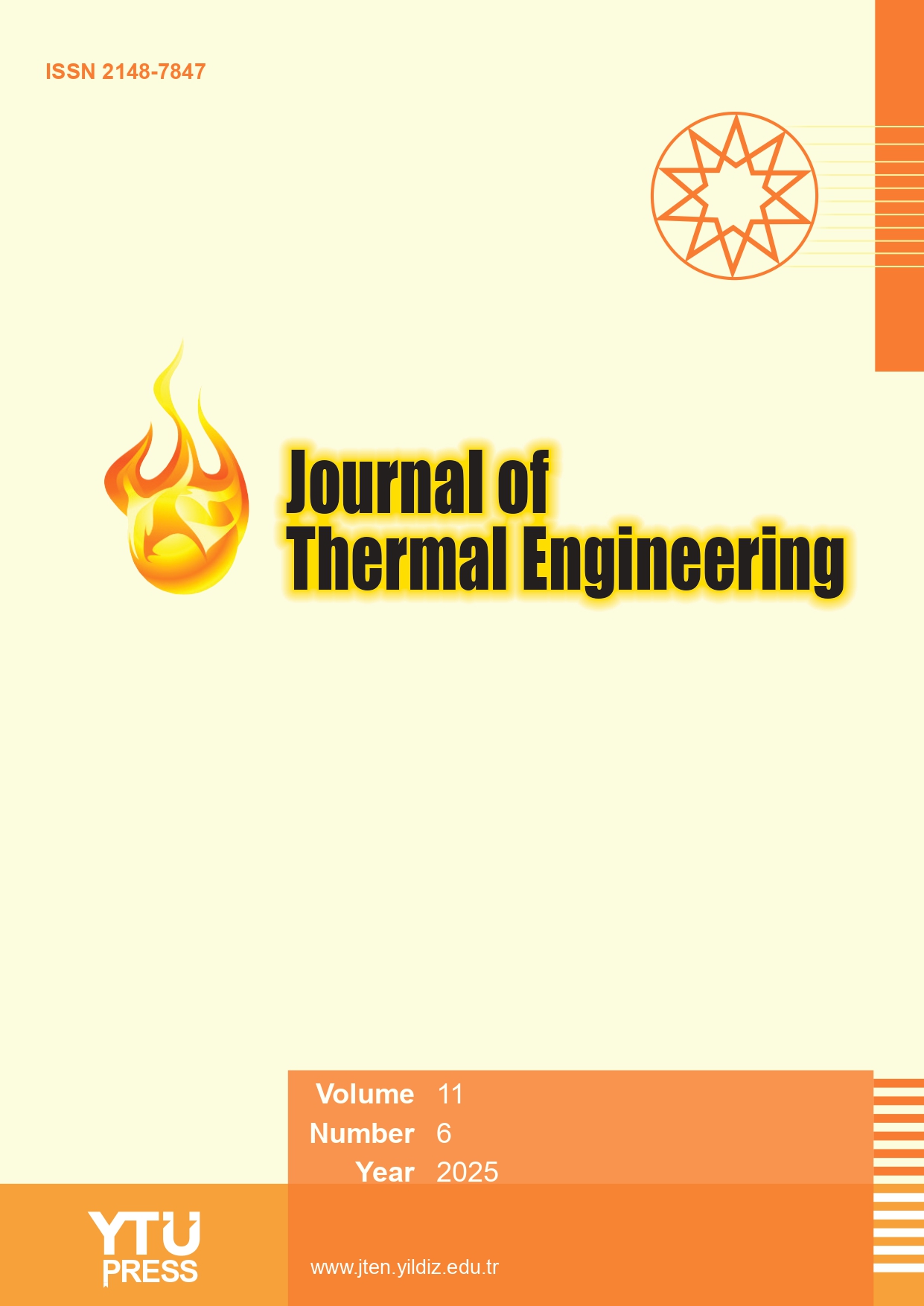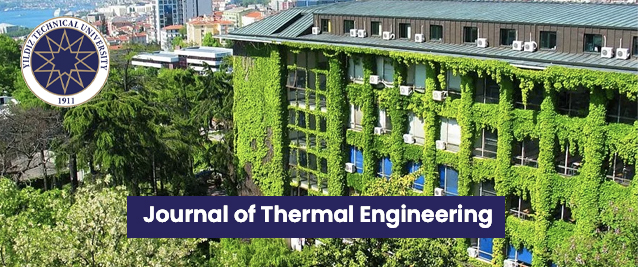2Energy and Power Engineering Division, School of Energy Environment and Agrifood, Cranfield University, Cranfield, Bedfordshire, MK43 0AL, UK
Abstract
The molten-salt two-tank system is the state-of-the-art thermal storage technology employed in the more mature parabolic-trough solar thermal power generation using synthetic oil as the heat-transfer fluid (HTF). This storage technology requires high storage-material inventory, making it very expensive. The use of latent-heat storage (LHS) system offers smaller storage size and material inventory. However, such a storage system faces two challenges: there are limited number of commercially-available phase-change materials (PCMs) are suitable in the operating temperature range; and these materials have very low thermal conductivities. The use of finned tubes, nevertheless, can overcome the later shortcoming. In this study, the analysis of a hybrid storage system, consisting of a three cascaded finned-tube LHS stages and a sensible concrete tube register stage, was carried out through modelling and simulation. A procedure for the design of the finned-tube cascaded LHS stages was developed. For a typical 50 MW parabolic-trough solar thermal power plant, the dimensions of a storage system with 6 hours of operation at full load were obtained. The three-stage cascaded LHS sub-system provides 45.5% of the total storage capacity of the entire system and has a volumetric specific capacity of 54% greater than that of the two-tank system. The volumetric specific capacity of the entire storage system is 9.3% greater than that of the two-tank system.






















